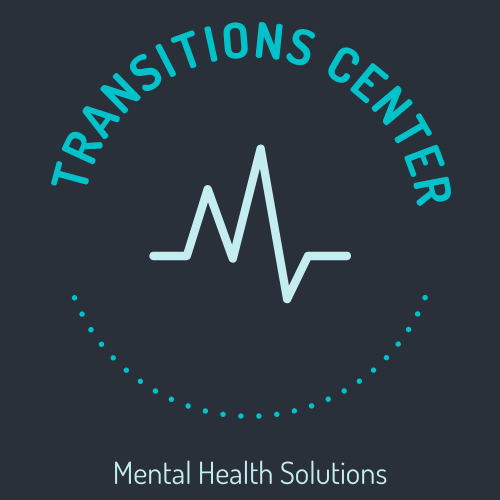Mental illness is a broad term that can refer to any number of disorders that affect a person’s mood, thinking, or behavior. It can be difficult to diagnose mental illness because the symptoms often overlap with other conditions, and they can vary from person to person. Nevertheless, there are a few common indicators of mental illness that you should be aware of.
Here are the five most common signs of mental illness
1. Changes in mood or behavior: If you notice a sudden or gradual change in your mood or behavior, it could be a sign of mental illness. This could include anything from feeling unusually happy or sad to withdrawing from friends and activities that you normally enjoy.
2. Difficulty concentrating: If you find yourself having difficulty concentrating or paying attention, it could be a sign of mental illness. This can make it hard to keep up with schoolwork, work assignments, or even everyday conversations.
3. Excessive worry or anxiety: Feeling excessively worried or anxious can also be a sign of mental illness. You may feel like your anxiety is out of control, or like you’re constantly on edge.
4. Sleep problems: Sleep problems are another common sign of mental illness. You may have difficulty falling asleep or staying asleep, or you may find yourself waking up frequently during the night.
5. flashbacks or intrusive thoughts: If you’re experiencing flashbacks or intrusive thoughts, it could be a sign of mental illness. These can be memories of a traumatic event that you’ve experienced, or they can be unwanted and repetitive thoughts that invade your mind.
Steps to Mental Wellbeing
1. Connect with other people
Make sure you keep in touch with family and friends and make time for social activities that you enjoy. If you don’t feel like you have anyone to talk to, there are many organisations that can offer support.
2. Be active
Regular exercise has been proven to help reduce anxiety and depression, so try to do some form of physical activity every day. It doesn’t have to be anything strenuous – even a brisk walk will help.
3. Take notice
Make time to enjoy the simple things in life and be curious about the world around you. Paying attention to the present moment can help you to feel calm and grounded.
4. Keep learning
Challenging your mind can help to keep it active and healthy, so try to learn something new every day. This could be anything from reading a book to taking up a new hobby.
5. Give to others
Doing something nice for someone else can make you feel good too. Whether it’s volunteering your time or simply doing a good deed, acts of kindness can help to boost your mental wellbeing.
Here are some 5 ways to improve Mental Health
1. Get regular exercise – Exercise releases endorphins, which have mood-boosting effects.
2. Get enough sleep – A good night’s sleep can help improve your mood and reduce stress level
3. Eat a healthy diet – Eating healthy foods helps to improve your overall sense of well-being.
4. Take breaks from electronics and social media – Make sure to take some time for yourself every day to relax and rejuvenate.
5. Find ways to relax and reduce stress – Spending time with loved ones or participating in social activities can help improve your mental health and reduce stress levels. Get regular exercise.
Mental illness can be difficult to identify, especially if you don’t know what to look for. The five signs we’ve listed are some of the most common indicators that someone is struggling with a mental health condition. However, this is not an exhaustive list and there may be other symptoms that warrant further investigation. If you think someone you know might be struggling, try reaching out and offer your support. You could make all the difference in their life.
About the Authors
Transitions Center for Natural Mental Health Treatments for a variety of physical and mental dependency issues and conditions. Substance use disorders are difficult to understand for many people. The physical and mental aspects of any substance disorder are complicated and unique to the individual suffering. The differences between physical and psychological dependency vary but have some similarities. Transitions Center for Natural Mental Health Treatments help the public know what to look for as a means of helping a loved one cope with the challenges of mental health disorders.
Special thanks to Mary Jane’s CBD Dispensary one of the top cbd online stores. We’re so glad you found our site. You can find your way back to the blog anytime by clicking on our logo at the top of any page or using our site map for a complete list of pages and their associated content. If you want to stay connected with Mary Jane’s CBD Dispensary, we would love it if you could check out their site today! And don’t forget about Facebook and Twitter too – both are great ways to keep in touch with what’s happening at MJCD. Until next time!

